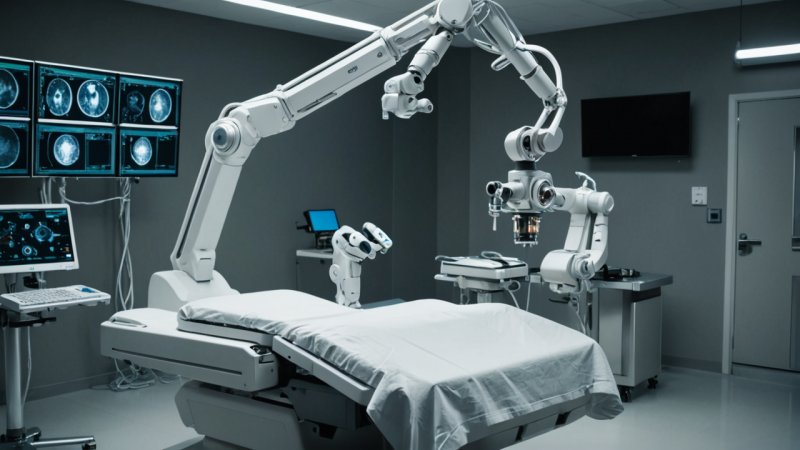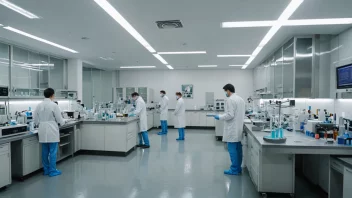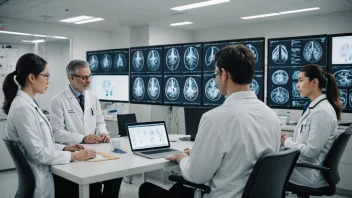1. Enhanced Precision
Robotic surgery systems allow surgeons to operate with a level of precision that is hard to achieve with traditional methods. The robotic arms can make tiny, controlled movements, reducing the risk of damage to surrounding tissues.
2. Minimally Invasive Procedures
Robotic surgery often involves smaller incisions compared to open surgery. This leads to less pain, reduced scarring, and shorter recovery times for patients.
3. Improved Visualization
Robotic systems typically offer high-definition 3D visualization of the surgical site. This enhanced view helps surgeons navigate complex anatomical structures more effectively.
4. Greater Surgical Control
With robotic systems, surgeons can control instruments with greater dexterity than the human hand allows. This increased control can lead to better surgical outcomes.
5. Reduced Risk of Infection
Smaller incisions and less exposure of internal organs during robotic surgery mean a lower risk of postoperative infections, which is a significant benefit for patient safety.
6. Shorter Hospital Stays
Patients who undergo robotic surgery often experience shorter hospital stays. This is due to less pain and quicker recovery times, which can also lead to reduced healthcare costs.
7. Expanded Surgical Applications
The technology behind robotic surgery is evolving, allowing it to be applied in a growing number of specialties, including urology, gynecology, and even cardiac surgery.
8. Training Opportunities for Surgeons
Robotic systems provide a platform for surgeons to practice their skills in a simulated environment, improving their proficiency before performing actual surgeries.
9. Patient Empowerment
Patients are becoming more informed about their surgical options, including robotic surgery. This empowerment can lead to better decision-making and satisfaction with their care.
10. Future Innovations
As technology continues to advance, we can expect even more innovations in robotic surgery, including AI integration, which could further enhance surgical capabilities and outcomes.
In summary, robotic surgery represents a significant advancement in the field of medicine, offering numerous benefits such as enhanced precision, minimally invasive procedures, and improved patient outcomes. As technology progresses, the future of robotic surgery looks promising, with potential applications expanding across various medical specialties.






